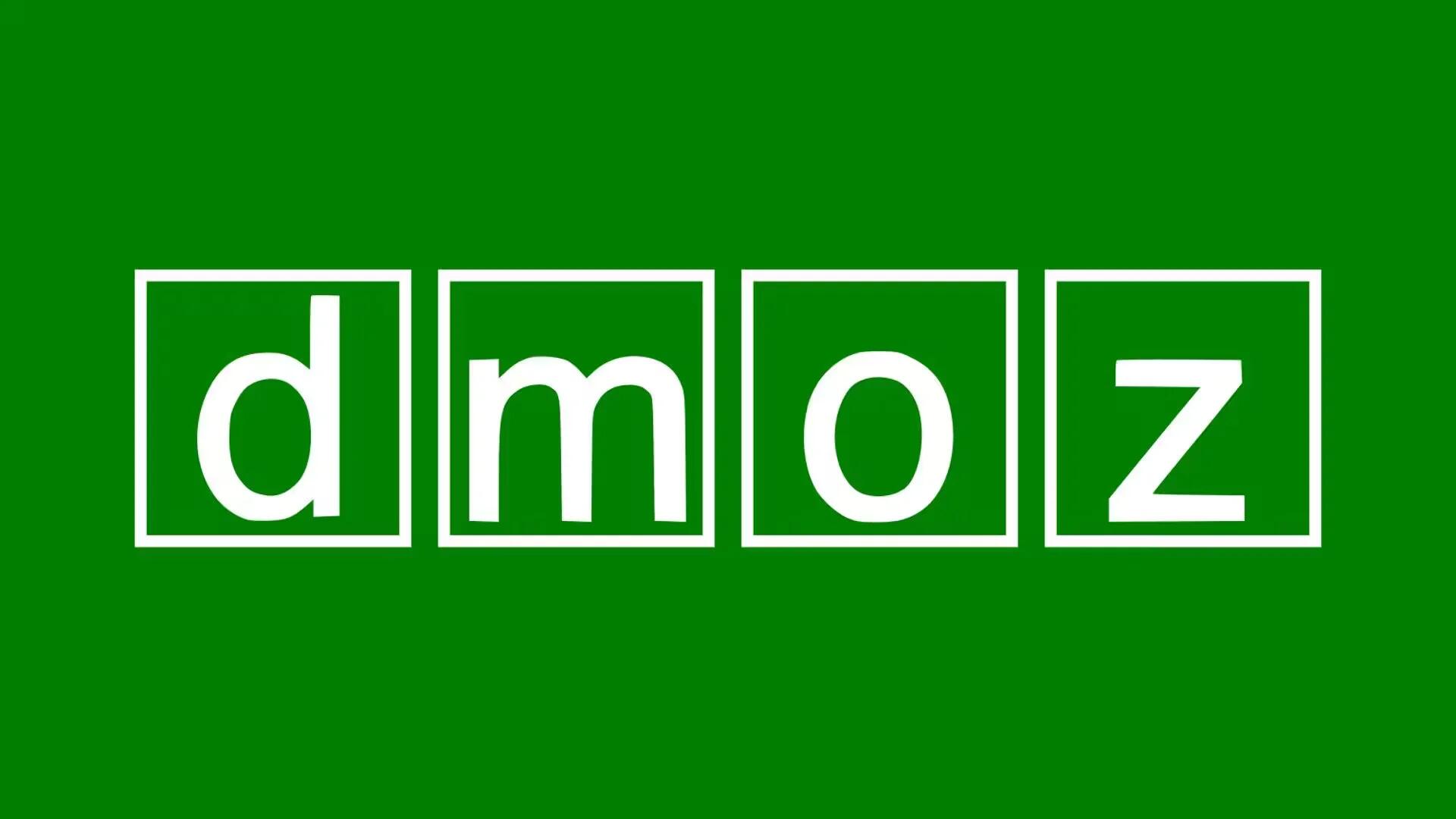After 19 years, AOL has decided to shutdown DMOZ and the service will shut down on March 14, 2017. Founded in 1998, the volunteer-edited web directory formed the basis for early search offerings from Netscape, AOL, and Google.
As posted on the DMOZ homepage,
As of Mar 14, 2017 dmoz.org will no longer be available.
DMOZ was Founded in 1998 as “Gnuhoo”, the human-curated directory once powered Google and served as a model for Wikipedia. After having received complaints from Richard Stallman and the Free Software Foundation for using GNU in the site’s name, the site changed its name to “NewHoo”. However, Yahoo objected to the ‘Hoo’ (and our red letters, exclamation point, and ‘comical font’).
Later, Netscape acquired the service for its “Open Directory Project,” their URL became directory.mozilla.org, which was shortened to DMOZ. Later that month, AOL acquired Netscape, giving AOL control of The Open Directory.
The site was so old that its hierarchical categories were originally based on the hierarchy of Usenet newsgroups. Back in the day, when search engines were nearly useless, curated directories like DMOZ were the best way to find what you were looking for. This old web directory has helped many website and blog owners to gain visibility among internet users. Even after many human curated directories including Yahoo Directory has given up, DMOZ continued, although for marketers and searchers, it had also long been mostly forgotten as a resource. About the only surprise in today’s news is that it took so long.
According to one of the editors of DMOZ,
It was a great idea when it was created, but over time the landscape of the web changed. DMOZ was founded before Wikipedia and even Google, back in the days that finding stuff was *hard*. DMOZ editors would curate lists of sites that would give a good overview of the topic, but it turns out that Wikipedia’s approach to topic curation was better in the long run (and I think that many DMOZ editors are also Wikipedia editors). Directories also died a death as search engines got better, and in the end DMOZ was only really important for SEO purposes.
While DMOZ is dead, it will live on in one unique way the NOODP meta tag. This was a way for publishers to tell Google and other search engines not to describe their pages using Open Directory descriptions. While the tag will become redundant, it will also remain lurking within web pages that continue to use it for years to come.
